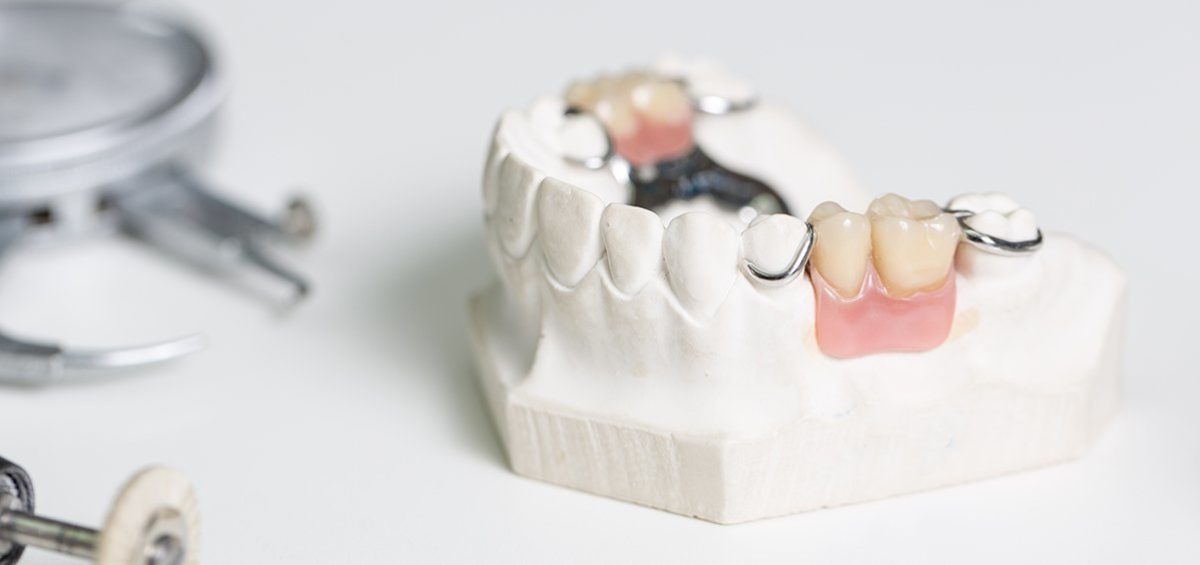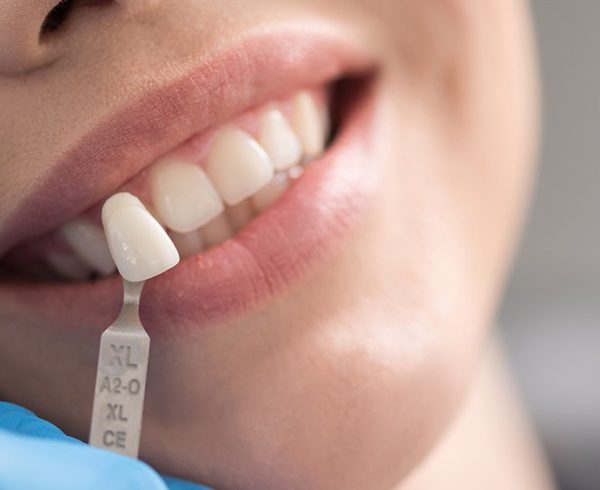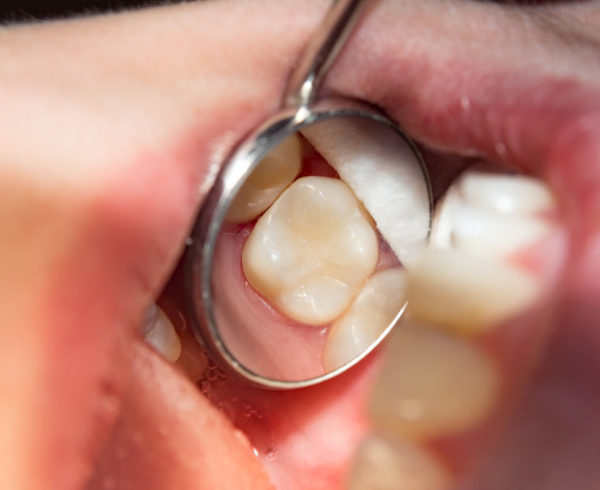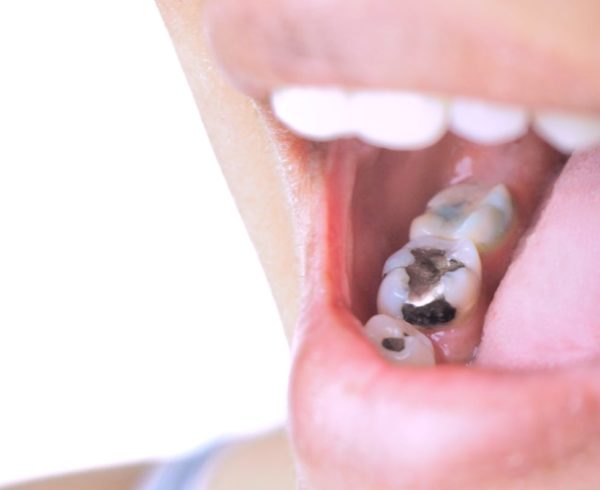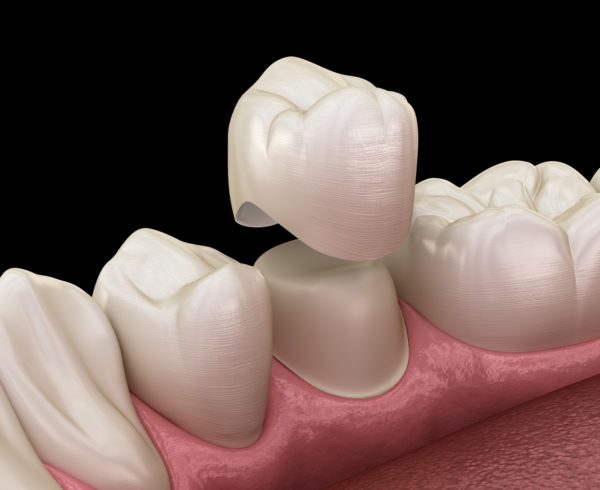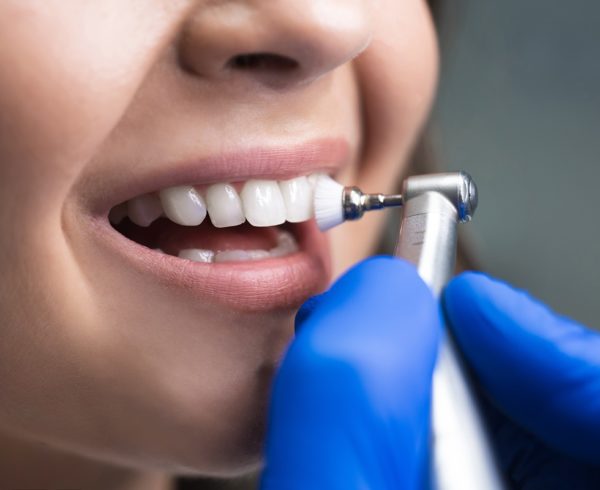Dental Implants vs Dentures
If you have missing teeth, you aren’t alone. About 70% of adults between 35 and 44 have at least one missing teeth and this risk increases with age. Dentures and dental implants are both good choices to replace multiple missing or badly damaged teeth. Both options can replace several teeth or even a full mouth of teeth to help you smile, eat, and drink normally. There is no option that’s best for everyone but it’s important to understand the real benefits and drawbacks of each type of treatment. Here’s a dental implant vs dentures comparison to help you make an informed decision.
Related Article: Financial aid for Dental Implant in Ontario?
What Are Dentures?
Dentures, also called false teeth, are dental prosthetics that replace one, several, or a full mouth of missing teeth. Most dentures are removable and stay in place with a denture adhesive. The dentures sit on top of the gums, unlike bridges which are anchored to adjacent teeth.
Benefits of Dentures
Dentures have come a long way in the last couple of decades. Today, dentures are usually custom made for a secure fit and a very natural appearance. Many patients appreciate dentures because they are very simple, removable, and more affordable than dental implants. When made by an experienced professional, most people will not be able to tell you even wear dentures.
Drawbacks of Dentures
Dentures are a great option for many people. They’re affordable and simple but there are some important drawbacks to consider. Dentures can pose problems such as:
- Slipping or falling out of place while eating or speaking. This can be uncomfortable as well as embarrassing.
- Even with a custom fit and quality adhesive, dentures do not match the function of natural teeth or crowns anchored to the jaw bone.
- Dentures can be uncomfortable, especially at first. It can take some time to adjust to wearing dentures and the maintenance that comes with them.
What Are Dental Implants
In the not-too-distant past, dentures were the only option for adults with many missing teeth. Implants have introduced an even better solution that doesn’t just deliver the look of real teeth: it delivers the same function and health benefits. Dental implants have become the standard for replacing missing teeth. If you want a permanent solution and you are bothered by the thought of taking out your teeth or potential slippage while speaking, you may be a good candidate for dental implants.
Dental implants are considered the next best thing to your natural teeth because they replace not only the visible part of your tooth but also the root in your jaw. Implants are comprised of an implant or post implanted in the jaw bone that acts like a tooth root followed by an abutment which is attached to a dental crown.
Why Consider a Dental Implant?
There are many benefits to consider with dental implants as well as important downsides. The most important benefits of dental implants include:
- Prevents bone loss. A dental implant is currently the only dental procedure that can stop jaw bone loss that results from missing teeth. When you lose a tooth, the tooth root is no longer stimulating the gums and jaw bone. Over time, this leads to bone loss which can accelerate the loss of other teeth. Because a dental implant is installed directly in the jaw like a normal tooth, it provides the stimulation necessary to stop bone loss.
- An implant can reduce the risk of additional tooth loss or drift. Implants function like regular teeth which can prevent bone loss as well as receding gums and drifting from adjacent teeth.
- Dental implants can last a lifetime. Implants are a permanent solution to restore your smile. Dental implants have a low failure rate and can last the rest of your life. If the crown ever fails, it can be replaced without replacing the implant and abutment.
- Dental implants can replace one or all of your teeth. If you have just one or a few missing teeth, each can be replaced with a separate dental implant. This procedure can also be used to replace all of your teeth. A process called 4-on-1 is used to replace all of the upper or lower teeth with just four implants.
Downsides of Dental Implants
Dental implants do have drawbacks. This procedure requires surgery to place the implants then time for the jaw bone to heal followed by a crown or permanent denture placement. The entire procedure can take months and implants are one of the most expensive dentistry procedures. You will also need sufficient bone in your jaw for implants. If you have bone loss, your dentist may still be able to place an implant but it may require a bone graft.
Which Option Is Right for You?
With modern advances, dentures and dental implants both offer an excellent solution for restoring your smile and ability to eat and speak without difficulty after losing teeth. Dentures are a good choice if you want the most affordable solution and you are comfortable with removing your teeth and dealing with occasional problems. Dentures come in many styles and can fit almost any budget, depending on the options you choose. Dental implants are the better option if you are willing to make a larger investment in your oral health because they stop bone loss and function just like natural teeth. With implants, you may even forget your teeth aren’t real because they will not come loose.

